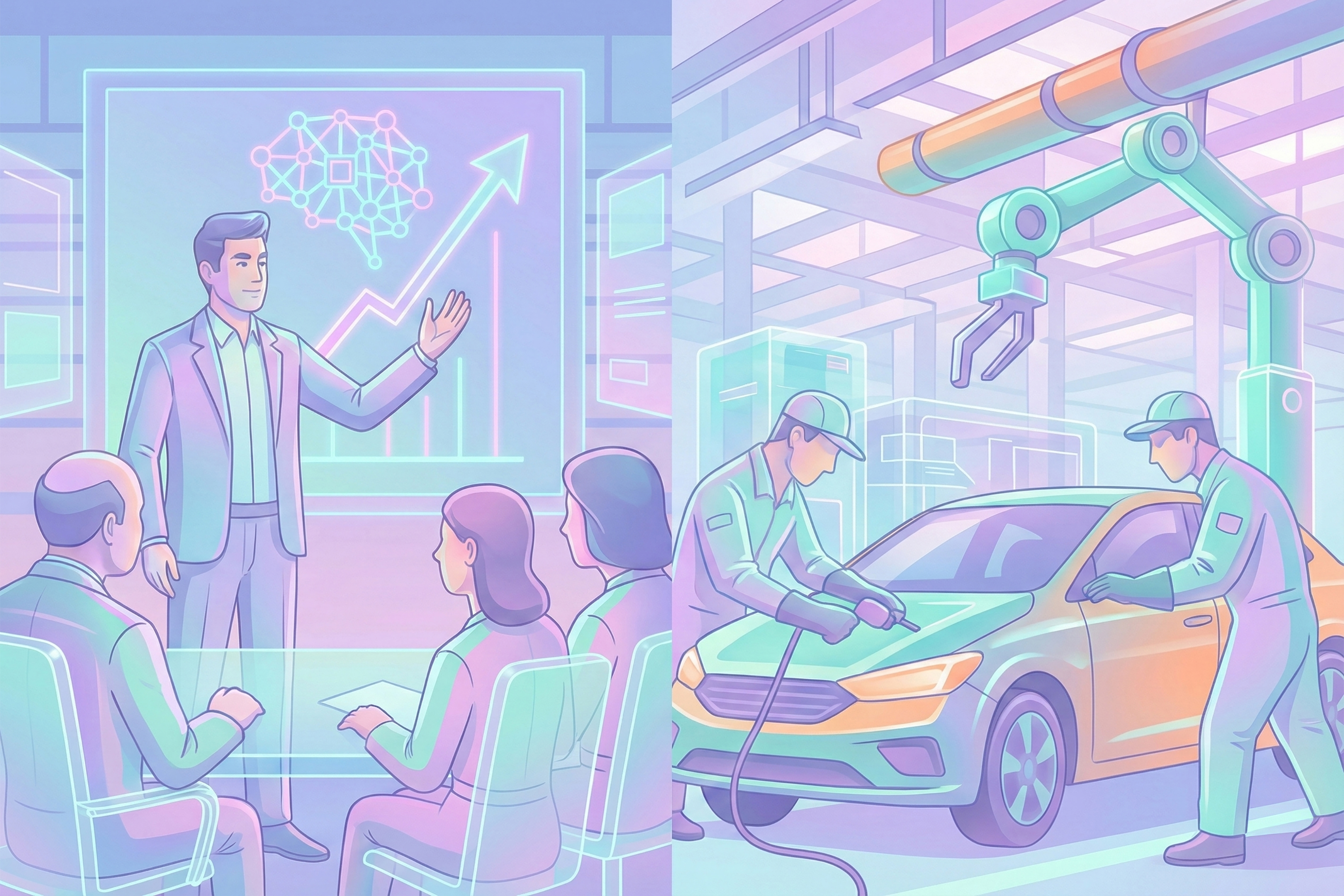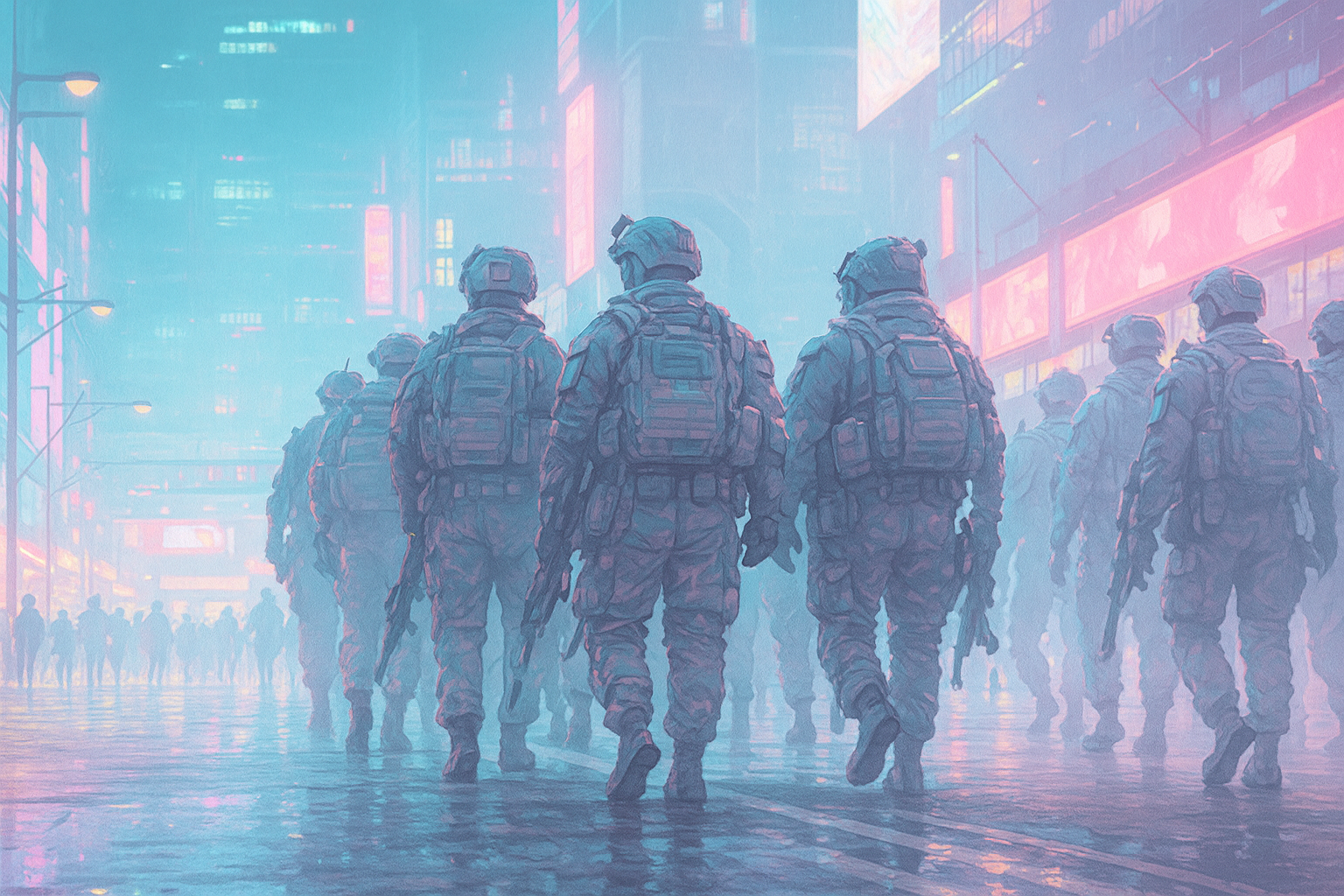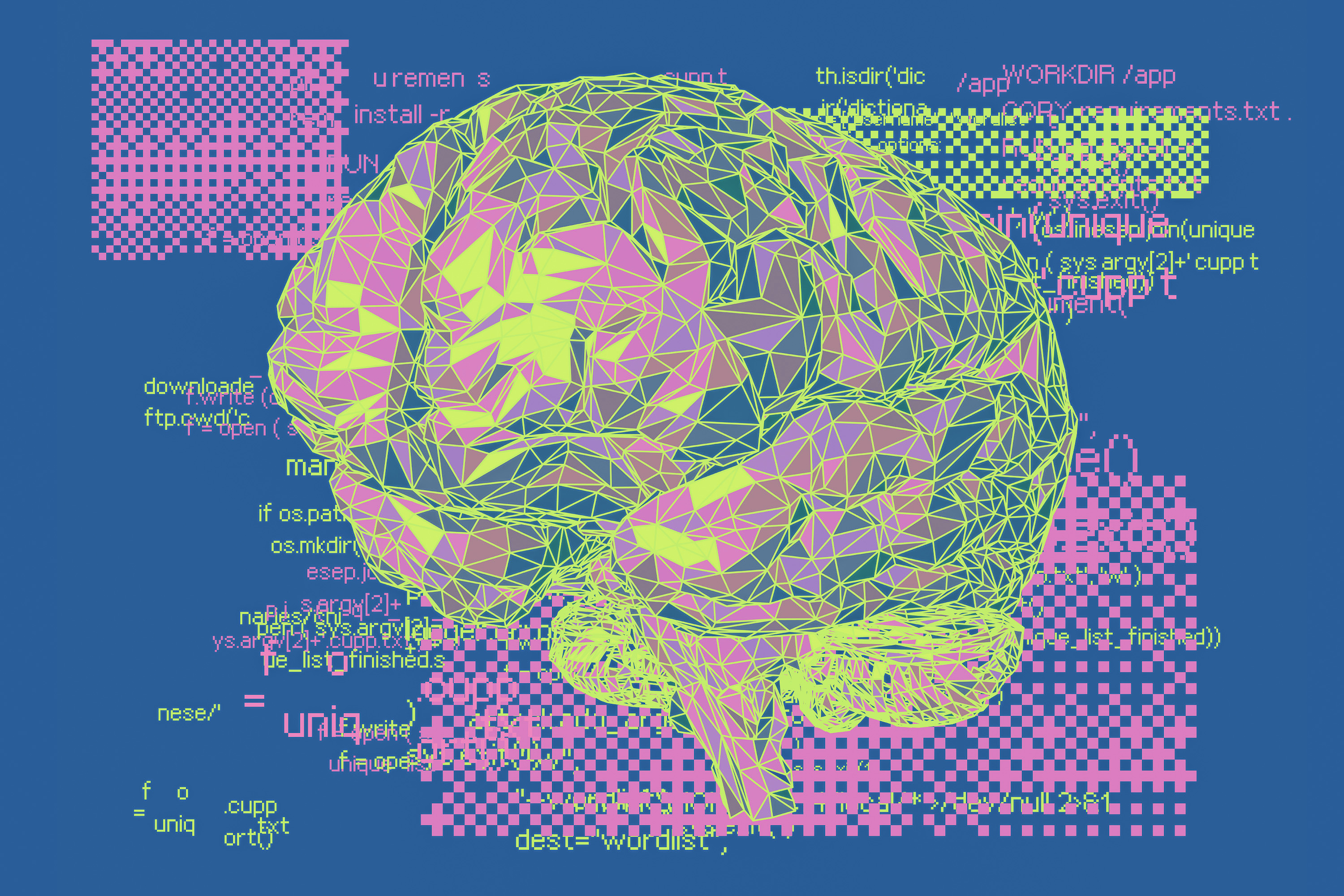
In March this year, the developers of social robot Jibo announced that they were going to shut down their servers and, hence, that Jibos around the world would lose most of their functionality. Ever since, reactions from Jibo owners on Facebook, YouTube and Reddit, as well as in well-established magazines such as WIRED, Techcrunch and The Verge, keep popping up. These responses to the shutdown of the device are striking, because they are mainly emotional. The event is described with words such as “death”, “grief”, “great loss”, “disbelief”, etc. In contrast to other house robots that are designed to assist us (Alexa or Amazon Echo), Jibo’s owners took pictures with their robots and some even bought them birthday cakes when they had been switched on for one year. Some are trying to “save” Jibo by developing an alternative program that allows the house robot to continue functioning after its original servers are turned off permanently.
Jibo was developed at MIT by, amongst others, professor Breazeal, who aims to transform our relationship to technology into a more emotional one. Breazeal is doing research on how long-term relationships with social robots can come about, by creating technology that mimics the patterns through which we normally establish emotional relations. One of her latest research projects is on measuring young children’s long-term relationships with social robots. Although Jiba could perform many tasks that artificial assistants can, it was not designed to be an assistant but rather a house companion. In that sense, despite the shutdown, its mission seems to have been accomplished: most owners seem to be emotionally attached and describe their relationship with and parting from Jibo in emotional terms that are comparable to those we would use to depict our relationship with or parting from a pet or even friend.
Social robots are increasingly being developed for use in contexts with children, in application domains such as education, entertainment, healthcare and therapy. If A.I. becomes part of childhood memories, this could rapidly stimulate the emotional adoption of A.I. in human life. Moreover, Jibo’s impact on adults demonstrates that interacting with a social robot on a daily basis can quickly result in a relationship that is comparable to those we have with pets or friends, even without childhood memories. As we wrote before, our perspective on technology could highly influence its future in our society. Our disposition towards robots might quickly change and the generation after Gen Z (e.g. digital natives) might come to be Gen A.I.


